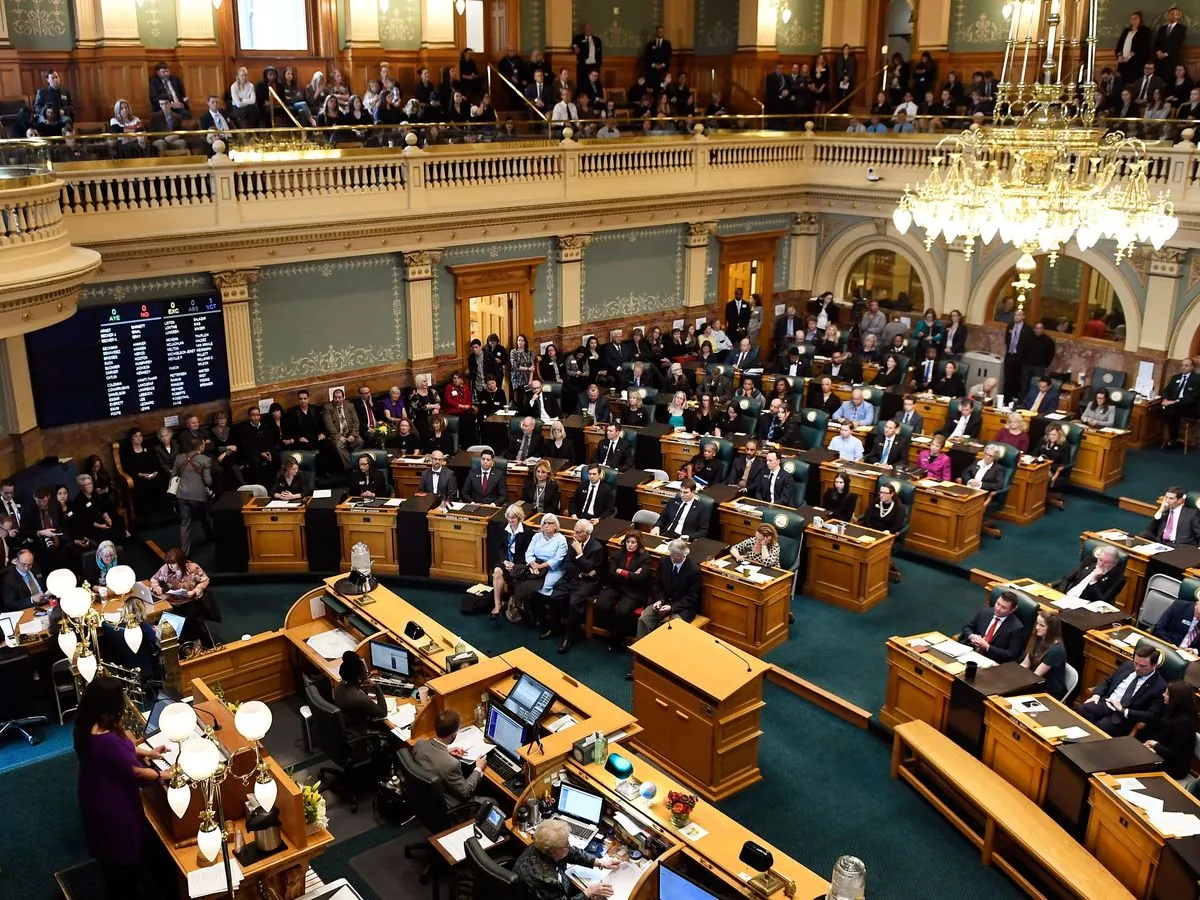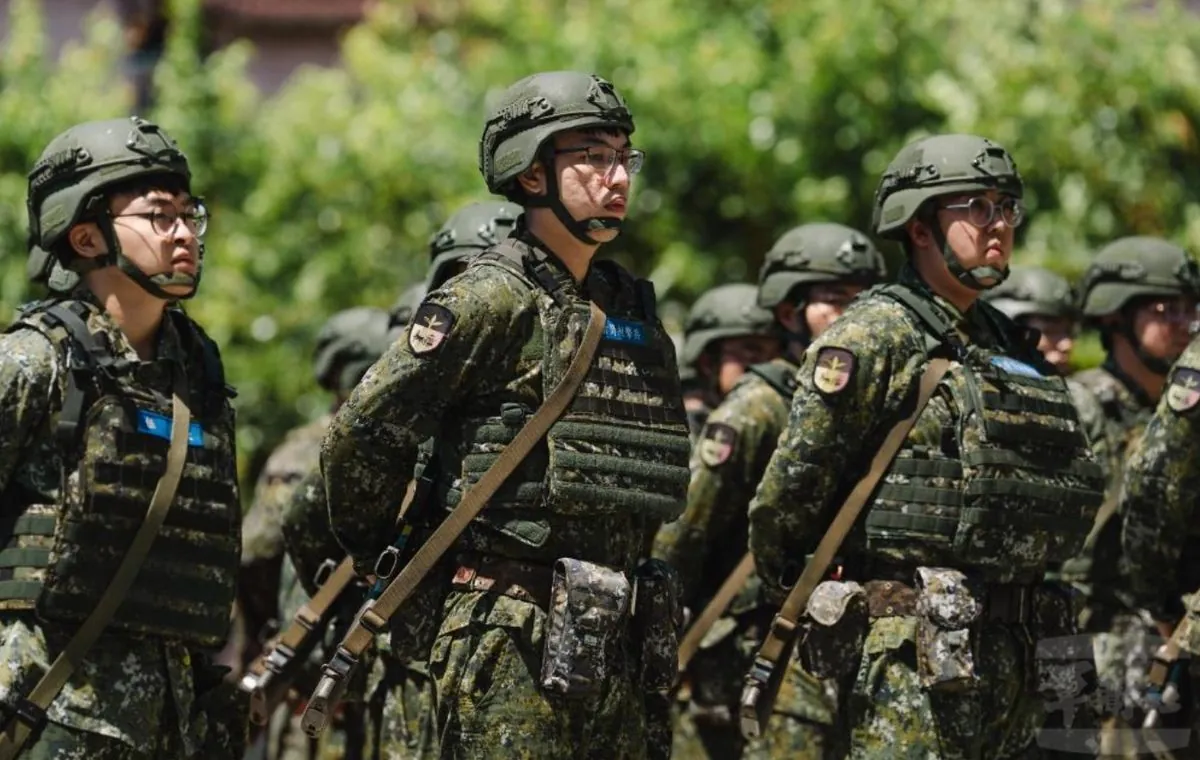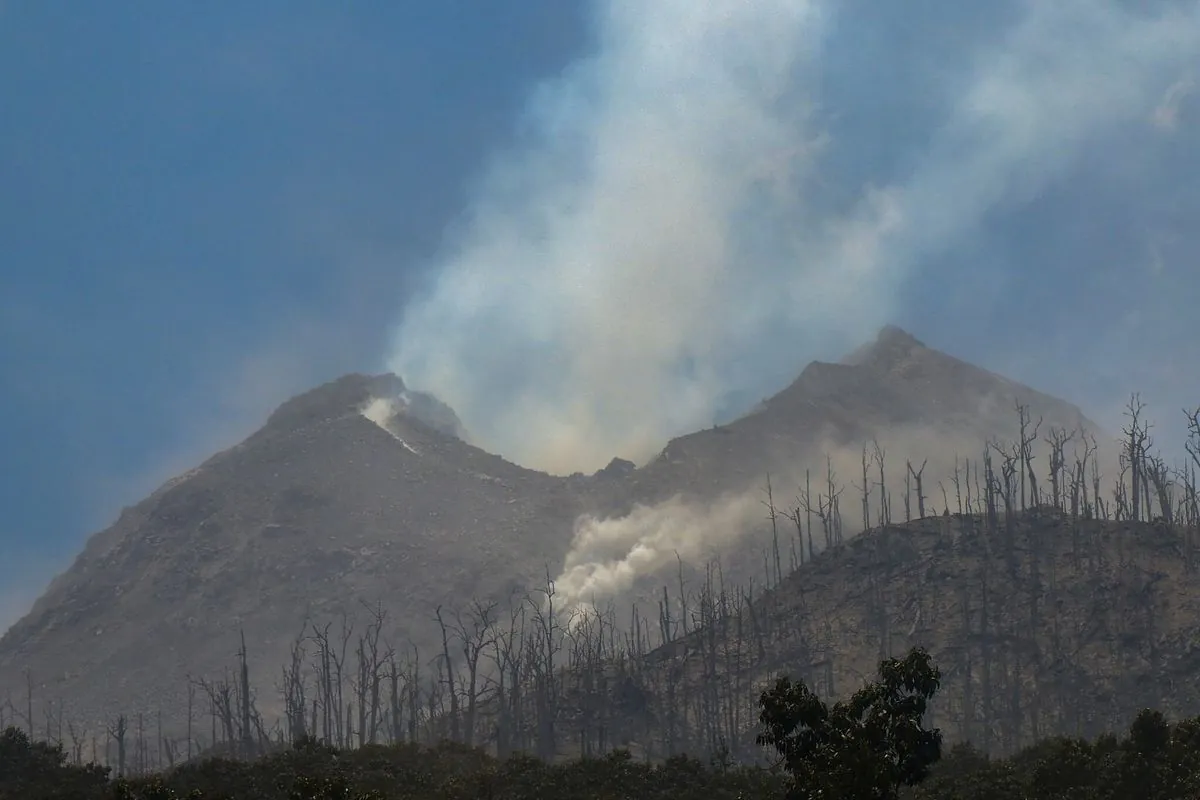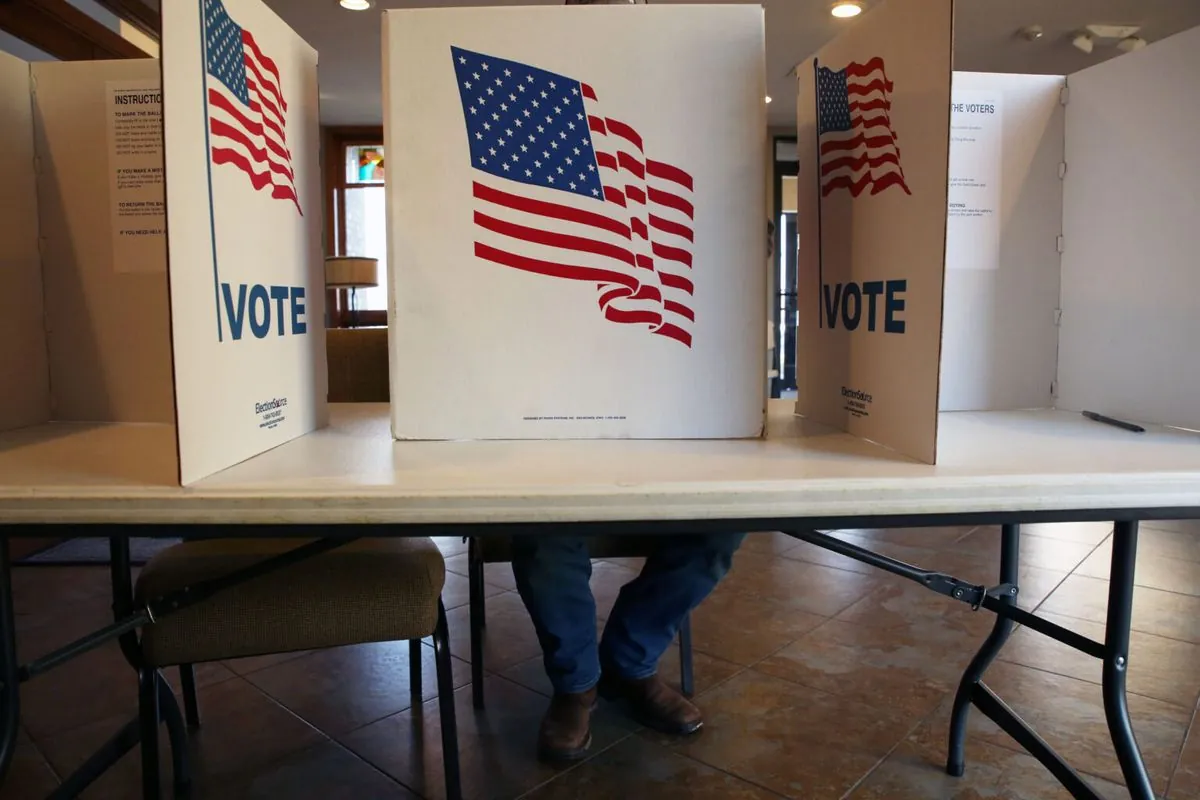Moldova's Crucial Vote: Balancing Between East and West
Moldova prepares for a pivotal presidential election and EU referendum, facing Russian influence attempts and Western support. The outcome could reshape regional geopolitics and Moldova's future alignment.
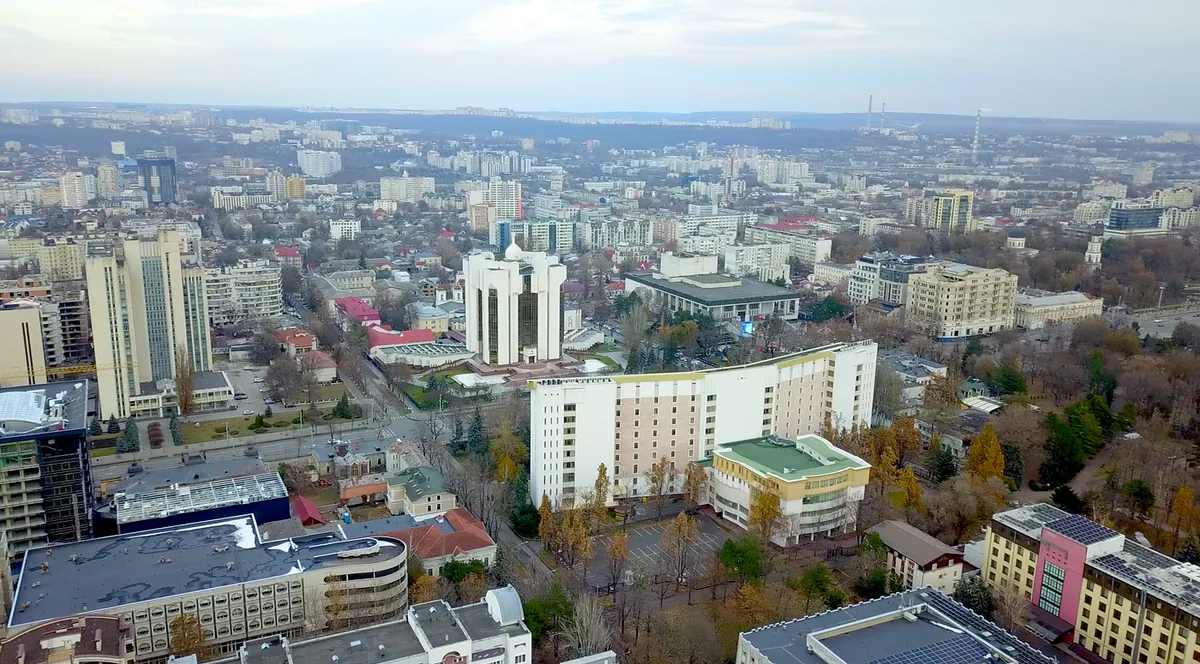
As Moldova approaches its presidential election and EU referendum on October 20, 2024, the small Eastern European nation finds itself at a crossroads between East and West. With a population of approximately 2.6 million, Moldova's decision could have far-reaching implications for regional geopolitics and its own future.
The campaign period has been marked by attempts to influence public opinion through various means. In late September, government buildings in Chișinău, the capital founded in 1436, were vandalized with red and yellow paint. Simultaneously, fake government and EU documents began circulating on social media platforms.
Maia Sandhu, the pro-Western incumbent president, faces challenges from multiple candidates, including those backed by pro-Russian parties. Opinion polls suggest 55-65% of voters support closer EU ties, while 24-35% oppose such moves. However, the unpredictability of voter turnout adds an element of uncertainty to these projections.
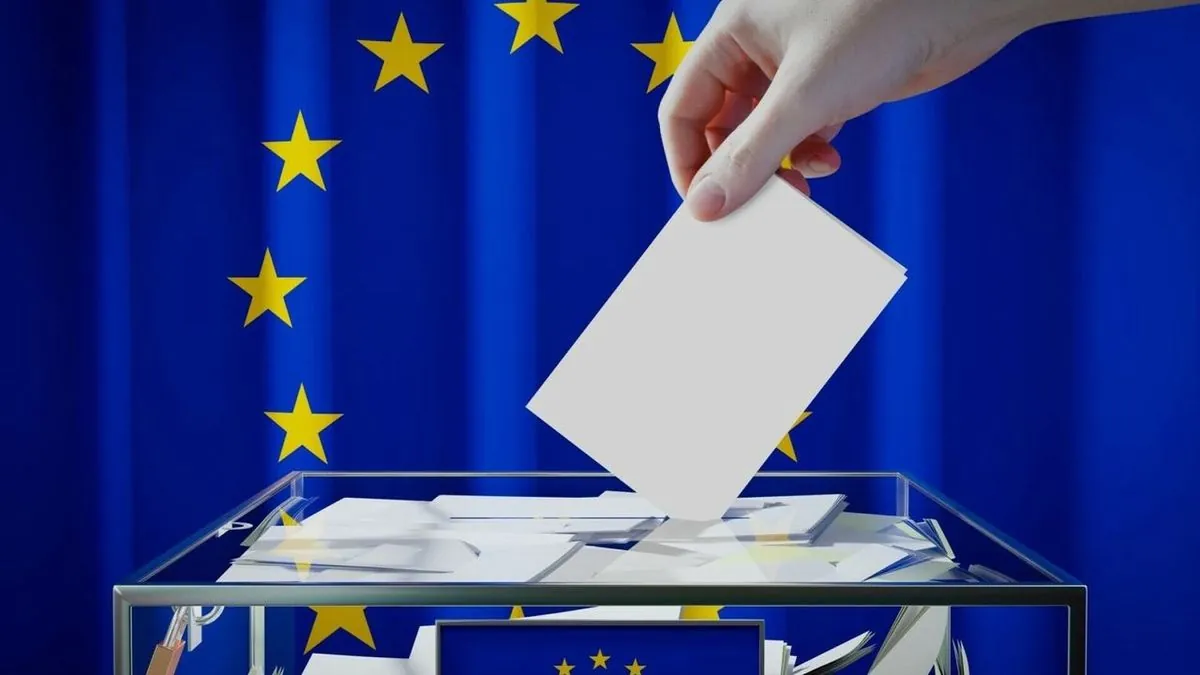
Moldova's geopolitical significance stems from its strategic location between Ukraine and Romania, an EU member state. The country has been navigating a delicate balance between Western and Russian influences since declaring independence from the Soviet Union on August 27, 1991. This struggle is exemplified by the breakaway region of Transnistria, which declared independence in 1990 but remains unrecognized internationally.
"If you vote against changing the constitution to commit to closer EU links, you will receive the equivalent of $29."
The Kremlin's tactics in Moldova mirror those previously employed in Ukraine, focusing on media manipulation and support for pro-Russian political actors. These efforts aim to keep Moldova within Russia's sphere of influence and prevent it from aligning more closely with the West.
Western nations have been providing support to Moldova while trying to avoid appearing heavy-handed. In May 2024, U.S. Secretary of State Antony Blinken visited Moldova, announcing $135 million in aid for energy security and counter-disinformation efforts. The country was officially put on an EU accession track in July 2024, although NATO membership remains a more contentious issue.
Moldova's economy relies heavily on agriculture, with over 140,000 hectares of vineyards contributing to its renowned wine production. The country is home to Mileștii Mici, the world's largest wine cellar. Despite these resources, Moldova remains one of the poorest countries in Europe, with a GDP per capita of around $4,500.
The upcoming election will not only shape Moldova's political landscape but also its cultural and economic future. The country boasts three UNESCO World Heritage Sites and maintains unique traditions such as the "casa mare" or "big house" for hosting guests. With one of the highest rates of internet speed globally and a literacy rate exceeding 99%, Moldova has the potential for rapid development if political stability is achieved.
As Moldovans prepare to cast their votes, they face a choice that will determine their country's trajectory for years to come. The outcome of this election will send a strong signal about the resilience of Western-backed democracies in the region and the extent of Russian influence in its near abroad.






























